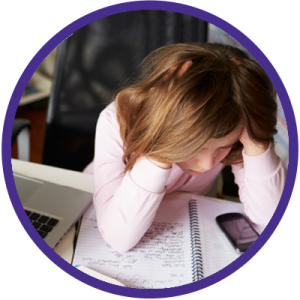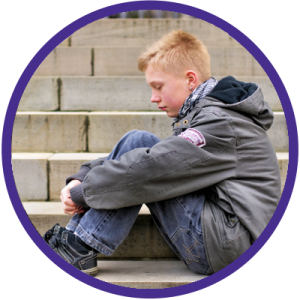
Mental Health Resources for Parents
As a parent you play an important role in the development of your child
Through proper education and awareness, we believe we can stop the stigma surrounding mental health so that our youth can receive the support they need. While schools remain the most natural location for mental health education and programming, we believe that parents still play a vital role in the mental health of their child. Based on research, we have provided a list of programs that can help you identify mental health issues within your child and assist your child in coping with issues, along with seeking additional help if needed. These programs not only give you the tools you need to identify and provide support to your child(ren), but also aim to give you ways to create an open, positive dialogue surrounding mental health to prevent any crisis. Please use the portals below for more information.
MENTAL HEALTH CONDITIONS
Signs & Symptoms.
Help yourself or someone you love by learning more.

- Excessive worry or anxiety, for instance fighting to avoid bed or school
- Extreme mood changes, including uncontrollable “highs” or feelings of euphoria
- Prolonged or strong feelings of irritability or anger
- Difficulty perceiving reality (delusions or hallucinations, in which a person experiences and senses things that don’t exist in objective reality)
- Abuse of substances like alcohol or drugs
- Contemplating or thinking about suicide
- Inability to carry out daily activities or handle daily problems and stress
- Very sad or withdrawn for more than 2 weeks (ex: crying regularly, feeling fatigued, feeling unmotivated)
- Not eating, throwing up or using laxatives to lose weight; significant weight loss or gain
- Out of control, risk taking behaviors that can cause harm to self or others
- Drastic changes in behavior, personality, sleeping habits
- Withdraw from friends, family, and regular activities
- Violent or rebellious behavior, running away
- Unusual neglect of personal appearance
- Persistent boredom, difficulty concentrating, or a decline in the quality of schoolwork
- Frequent complaints about physical symptoms, often related to emotions, such as stomach aches, headaches, fatigue, etc.
- Not tolerating praise or rewards









